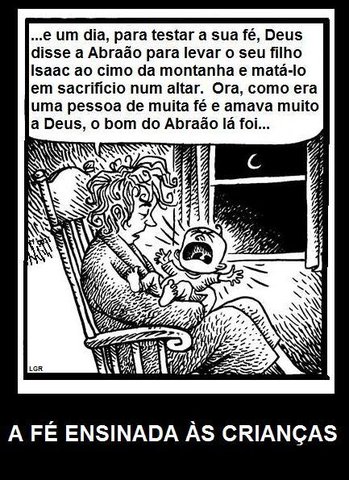5 de Fevereiro, 2018 Carlos Esperança
A Irmã Lúcia e o Quincas – Transladação para Fátima
Chove. As bátegas não param de fustigar os peregrinos. O que as novenas dos padres não conseguiram, consegue-o a meteorologia.
Não é a ineficácia das rezas ou a ausência de Deus que demove os crentes, alagados de fé e chuva até aos ossos, de estarem presentes na segunda edição do funeral de Lúcia.
Não há na repetição das exéquias fúnebres a saudade genuína das putas de S. Salvador da Baía a passearem o cadáver do Quincas Berro D’Água, nas ruas em cujos botequins devorou cachaça com a mesma sofreguidão com que as beatas chupavam hóstias.
A freira, a quem o terrorismo religioso do catecismo induziu alucinações, nunca terá um Jorge Amado que a celebre em «A morte e a morte da Irmã Lúcia, vidente».
O Quincas, quando devorou, de um trago só, água em vez de cachaça, deu tal berro que passou a ser carinhosamente tratado por «Berrinho» e fez-se personagem de romance. Lúcia comungava por hábito e obrigação pia, mantinha olhos vagos e a postura de quem vive morta por dentro envergando como mortalha o hábito de freira.
Quincas é o delicioso personagem que diverte e comove o leitor de «A morte e a morte de Quincas Berro D’Água», marginal que viveu a vida, pecador que amou e foi amado.
Lúcia é exemplo trágico de criança pobre, embrutecida com orações e amedrontada pelo Inferno, que sonhou virgens nas azinheiras, cambalhotas do Sol no caminho das cabras, profecias de conversão da Rússia e churrascos de almas para absentistas da missa.
A criança amestrada com pias mentiras sobre o divino tornou-se cadáver de estimação, acolitada pela força pública, a viajar com padres, bispos, freiras e peregrinos, numa obscena encenação com quatro missas, orações pias e um futuro promissor de oferendas de gente aflita.
Não é o último capítulo da história de uma encarcerada de Deus, é o início do caminho da santidade, à espera dos milagres e das oferendas que hão-de alimentar funcionários de Deus e fazer de Fátima uma das mais lucrativas sucursais do Vaticano.
A burla não acaba hoje, um novo ciclo começa.
Coimbra, 19 de fevereiro de 2006




